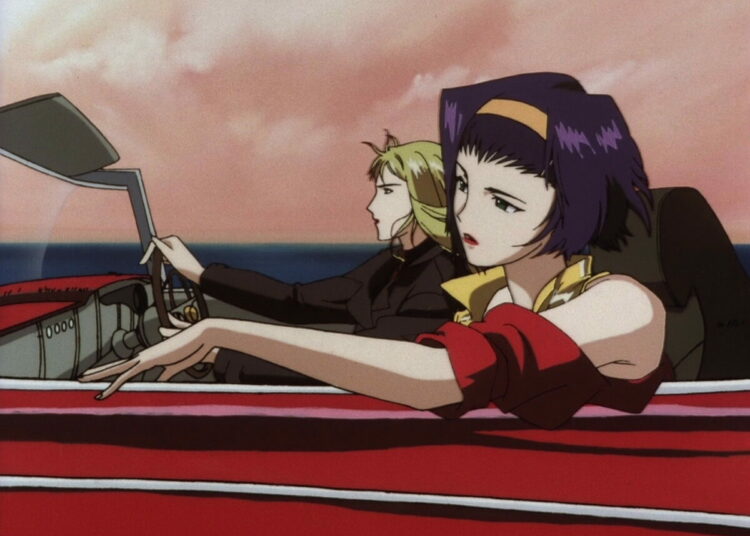Yesterday was November 1, designated as Inu no Hi (ee-NOO-no-HEE), or Dog Day, the official day for dog owners and their pets, because 11/1 sounds like wan wan wan or a dog’s bark. People here really love canines of all types, and it’s quite common to see shoppers walking around with their “brand dogs” (famous breeds like Shiba Inu, Akita Inu, and Chihuahuas). Products that help you pamper your dog abound in Japan, right down to the Louis Vuitton Pet Carriers. The ranking for dog names in Japan, if you happen to be curious, is as follows:
10. Mocha
9. Sora (meaning sky)
8. Nana (meaning nothing in particular)
7. Rin (ditto)
6. Koko (ditto, just sounds cute)
5. Hana (flower)
4. Sakura (cherry blossom)
3. Marron (French word for chestnut)
2. Momo (peach)
1. Choco
Suki desu ka? One of the first useful words a student of Japanese learns is how to say “like” (suki), which is pronounced quickly so that it sounds rather like “ski,” leading all students to immediately say Sukii ga suki desu ka? (Do you like to ski?), since the words sound similar. The word suki is often a student’s introduction to the concept that a word or idea in one language might have many possible meanings in another language, depending on the situation. Right off the bat, suki can mean “like” (in the context of your favorite food or hobby) or “love” (when said in reference to another person). Like all Japanese words, there can be some ambiguity involved, which is the subject of more than a few melodramatic misunderstandings in anime or television dramas. “(I) like (it)” is Suki desu, and “Do (you) like (it)?” is Suki desu ka? Often Japanese speakers will fill in who is liking what (e.g. Boku wa ninjin ga suki desu, “I like carrots”), but it’s usually too cumbersome to add all those words and grammatical particles when the person you’re speaking to will understand what you mean anyway. Other phrases you might encounter include suki na hito (“a person you’re in love with”) and dai-suki (meaning “big like,” for when you really like something), although guys should be careful about over-using the latter, since it tends to be onna-kotoba (language used by females). A couple of years ago I saw a variety show in which former JAV actress-turned-novelist Ai Iijima walked around New York, asking Americans Kyonyu suki? which sounds like “Can you ski?” in English, but is really asking if they prefer women with, er, shapely figures. It was funny to see the Americans on the show nodding their heads for the camera. Try it on your friends!
Mars is very close to the Earth right now, so I’m taking off early today, packing the kids into our Mazda Bongo Friendee and heading up to the mountains to visit the Gunma Prefectural Telescope, where we can go gaze at the heavens. See you when we get back!
 \
\















